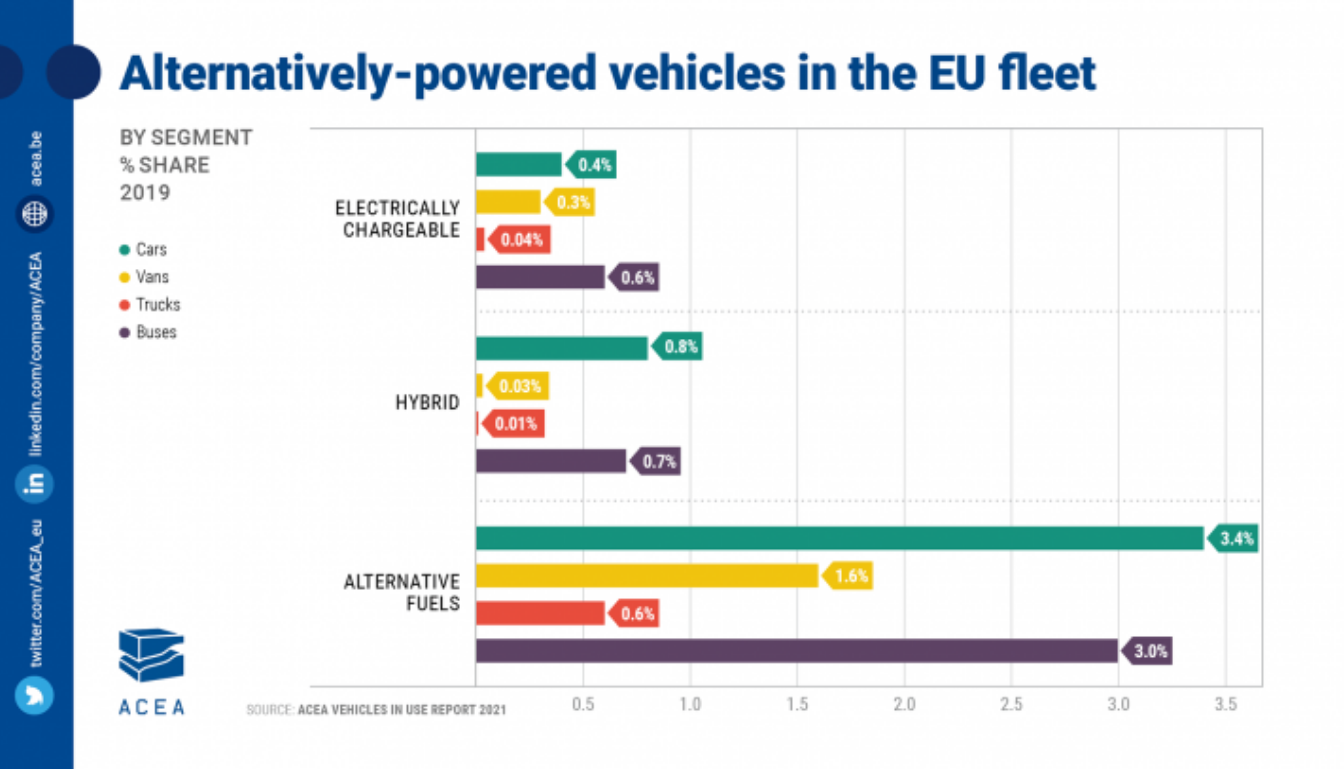
ACEA: 100-fold increase of e-trucks needed to meet EU targets

To meet the EU emission targets for heavy-duty trucks, 200 000 zero-emission trucks will have to be in operation in 2030, a 100-fold increase in ten years /ACEA
European truck makers estimate that around 200 000 zero-emission trucks will have to be in operation by 2030 to meet the CO2 targets for hea


Comments
Ready to join the conversation?
You must be an active subscriber to leave a comment.
Subscribe Today